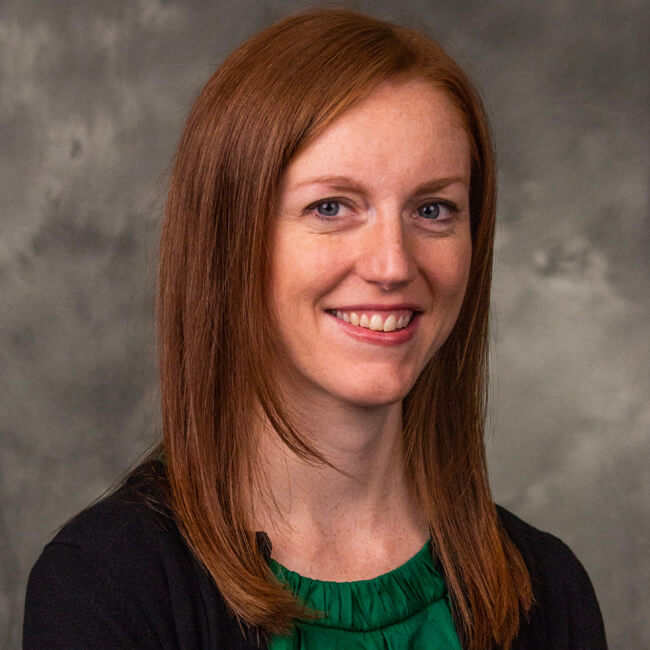Professors from the College of Liberal Arts and Social Sciences, and the Cullen College of Engineering, have received a National Science Foundation grant for their multi-faceted proposal to study how the community reacts to flood mitigation strategies.
The grant, “Community Perceptions of Flood Mitigation Strategies,” was approved for $299,504 in funding via the NSF initiative Strengthening American Infrastructure. Kathryn Freeman Anderson, Ph.D., Associate Professor and the director of Graduate Studies in the Department of Sociology, is the principal investigator for the grant. Hanadi Rifai, Ph.D., Moores Professor of Civil and Environmental Engineering and Associate Dean of Research and Facilities, is the co-PI.
According to the proposal's abstract, “Extant research has examined social vulnerability to climate disasters, demonstrating that poor and minority communities have greater exposure to the negative effects of such events. However, little research has attempted to understand how objective risk of disaster relates to perceptions of risk and how communities make sense of public mitigation strategies. This project combines these perspectives to examine how neighborhood perceptions of risk and mitigation relate to the physical infrastructure, the natural environment, and proposed plans to mitigate risk. Specifically, the project examines how these perceptions relate to flood risk and the flood mitigation infrastructure in Houston, Texas.”
This is the first time that Anderson and Rifai will be collaborating on research together. Anderson said that Rifai brought the grant opportunity to her attention.
“This particular call for proposals was looking for social science and engineering collaborations, which is a bit of an unusual pairing,” Anderson said. “The idea was to apply social science perspectives to engineering and infrastructure questions. Dr. Rifai read one of my prior publications on community perceptions of environmental hazard risk, and thought that this could be a good fit for a collaboration. She contacted me about it, and we started talking about possible project ideas that merged our two interests. We decided to focus on flood risk in Houston, as this is probably the most pressing environmental risk in our area. However, we think that the ideas from the project could extend to other areas of environmental hazards and disaster risk.”
Rifai has done several studies on environmental effects on health, such as looking at life expectancy for populations near Superfund sites, and identifying Houston populations most vulnerable to Covid-19. Anderson comes at the issue from a sociological perspective.
“My research is generally focused on social vulnerability in neighborhoods and how this relates to the health and well-being of individuals within those communities,” she said. “I’m interested in how and why certain communities with certain demographic characteristics, especially race and class, experience vastly different outcomes in a manner that is not simply a product of their individual-level choices and behaviors. Rather, people are embedded within particular contexts that shape their outcomes and constrain their choices.”
Anderson added, “With this particular project, we are interested in understanding how social vulnerability relates to objective flood risk, the built environment, infrastructure and their perceptions of flood mitigation.”
The funding for the project will support two graduate students – one in Environmental Engineering, one in Sociology. Anderson identified Nicole Hart, an M.A. student who earned her undergraduate degree here at UH. Anderson noted that Hart was a 2020 Mellon scholar, with a senior thesis project on racial inequalities in educational opportunities.

